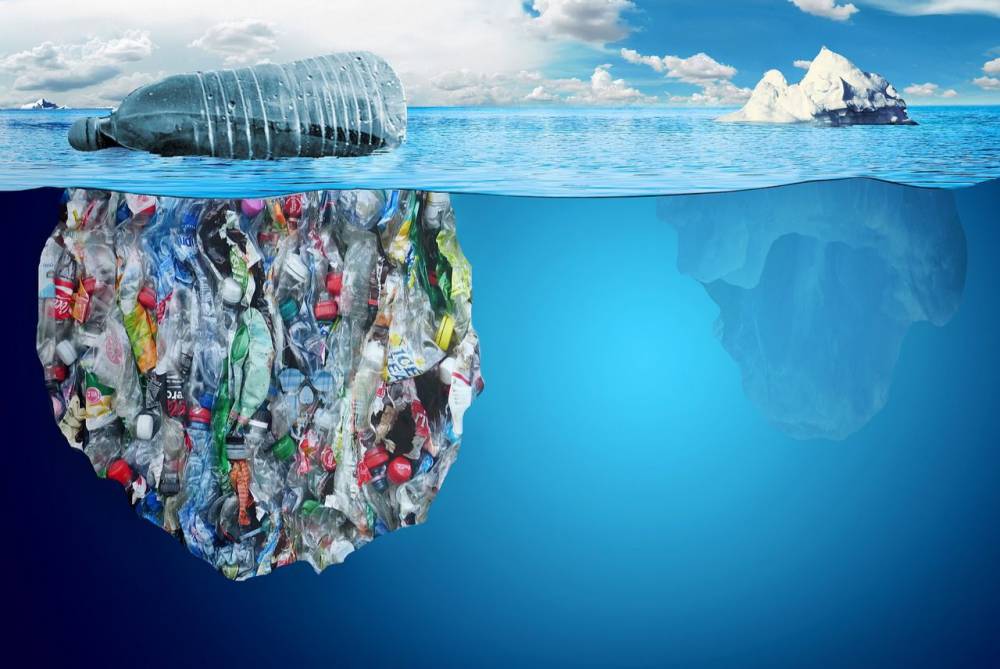
Waste plastic has been in the headlines, highlighted as an increasing problem in the BBC documentary Blue Planet II has led to a rethink in UK Government policy towards plastic products. The Scottish Government is currently bringing a motion to ban plastic cotton buds, whilst the UK is one of the first countries to ban micro-bead in beauty products. The throw away plastic straw has come under fire leading to a change to cardboard straws in some pub chains.
The EU Plastic strategy, procedure in January 2018 estimates that between 5 to 13 millions of tonnes of plastic waste end up the world’s oceans every single year. Once in the ocean currents, this can travel long distances.
Plastic is highly stable product and thus useful in many industries and for many products. However this high stability means it is difficult to dispose. Most house hold products which are paper or cardboard will simply rot away, metal products rust and degrade, plastic does not. It gives off no emission but it also do not decompose, it tends to shred into microplastics, tiny plastic fragments below 5mm in size, which can accumulate and are easily ingested by mammals, birds or fish which can be ingested. It takes 450 years for nappies and plastic bottles to biodegrade, 600 years for fishing line.
Larger plastic waste is also a huge problem for wildlife with marine creatures such as turtles, dolphins, seals and sea birds can become entangled in plastic bags. If ingested this causes damage to their digestive systems and can lead to death. It is estimated that one third of all catches landed in the UK has ingested plastic. The health problems and effects of ingesting plastics on humans is largely unknown.
Recycling of plastic is not straight forward; the procedure uses more electricity than producing virgin plastic products and is easily contaminated with impurities. The UK sends many tonnes of recycled plastic to landfill as it is contaminated with food waste, papers or card. Worse still this is exported to developing countries where only a small proportion is recycled and the rest is left to pollute the importing country.
Plastics with biodegradable properties are increasing and biodegrade at an increased rate but that requires these to be landfilled. Products which use biodegradable plastics are not always easily identified and labels not clear and they cause problems in the plastic recycling process.
The plastic problem does highlight the importance of the waste hierarchy, the avoidance of using plastic produces, especially one-use products or using more durable re-usable plastic products reduced the need for recycling and the issues that are entailed and ultimately will reduce the amount of plastic waste. Remember to wash out your pastic bottles before putting them in your recycling bin.